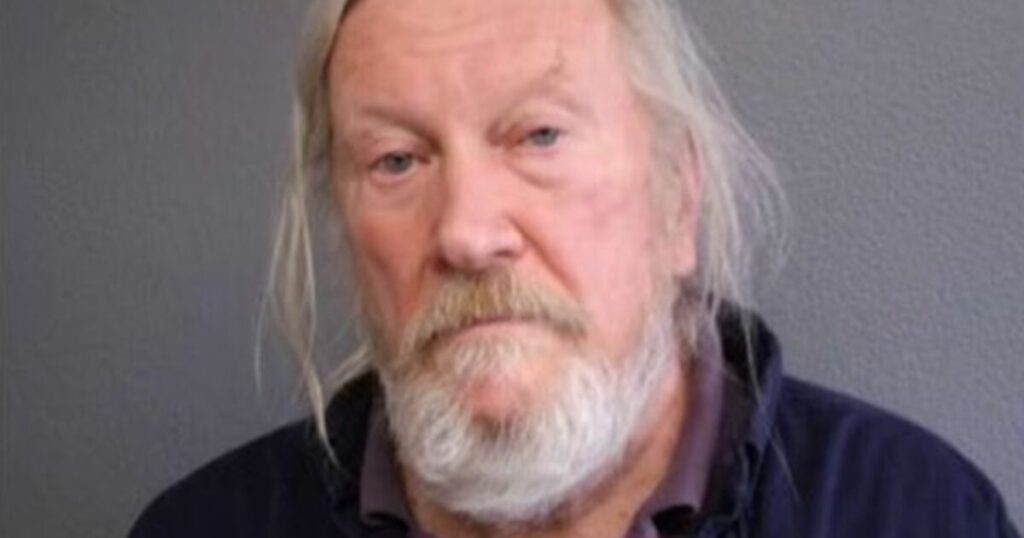A recent incident of vandalism in Cohasset, Massachusetts, has led to the arrest of a 74-year-old man named Frederic Laidlaw for defacing a pro-Trump sign with a swastika. The sign, positioned along Route 3, belongs to Kevin O’Donnell, the chair of the Cohasset Republican Town Committee. When police arrived at Laidlaw’s home, he reportedly confessed by stating, “Guilty,” and inquired about the delay in their arrival. The Cohasset Police Department has charged him with felony defacement of property under Massachusetts General Laws, and they have notified the Attorney General’s Office, Civil Rights Division, about the arrest. The investigation into the matter continues, reflecting the serious implications of vandalism tied to political symbols.
The vandalized sign has sparked significant public and political discourse, particularly given the charged atmosphere surrounding contemporary political campaigns in the United States. O’Donnell expressed his shock and disappointment at the act of vandalism, suggesting that such behavior is unexpected and unbecoming in American discourse. He remarked, “I just thought we were above that,” indicating a belief that acts of hate, particularly those invoking Nazi imagery, should not be tolerated in a modern democracy. This sentiment resonates with many individuals who believe that political discourse should remain respectful, despite deep-seated ideological divides.
The incident is also striking in light of the current political climate, where both Republicans and Democrats often brandish incendiary rhetoric against one another. Some Democrats have been accused of equating the Trump movement with extremist ideologies, including Nazism. For instance, Minnesota Governor Tim Walz drew controversial parallels between a recent Trump rally at Madison Square Garden and Nazi rallies of the 1930s. Such comments reflect an ongoing political strategy that seeks to discredit opponents by invoking historical atrocities. This tactic, however, risks escalating tensions and normalizing acts of hate like vandalism, which contradicts the foundational principles of American democracy.
The use of swastikas, a symbol irrevocably linked to the Nazi regime, adds a layer of gravity to the vandalism. It signifies not only an attack on a political symbol but also an affront to the memory of those who suffered under Nazi tyranny. This act of defacement conjures discomfort and outrage among community members, provoking discussions about hate symbols and their implications in public spaces. In an increasingly polarized political landscape, such imagery can evoke fear and raise questions about safety and acceptance within communities, reflecting broader societal anxieties regarding extremism and hate crimes.
Political signs, typically used to express support for candidates and political ideologies, have increasingly become flashpoints for conflict. The vandalism of O’Donnell’s pro-Trump sign showcases how even simple acts of political expression can provoke violent responses. The broader implications of this incident extend beyond individual acts of vandalism, demonstrating how public discourse can be marred by antagonism and intolerance. As communities grapple with deeply entrenched political divisions, the need for constructive dialogue and understanding becomes even more crucial in fostering trust and civility among different groups.
In conclusion, Frederic Laidlaw’s arrest for vandalizing a pro-Trump sign with a swastika serves as a stark reminder of the escalating tensions in American political discourse. This incident encapsulates the challenges faced by individuals seeking to express their political beliefs amid an environment increasingly rife with hostility and division. The reaction of community leaders, officials, and the legal system further emphasizes the importance of addressing vandalism and hate symbols. As societies continue to navigate complex political landscapes, the hope remains that acts of violence and vandalism will give way to respectful dialogue, where all voices can be heard without fear of retaliation or hostility.

